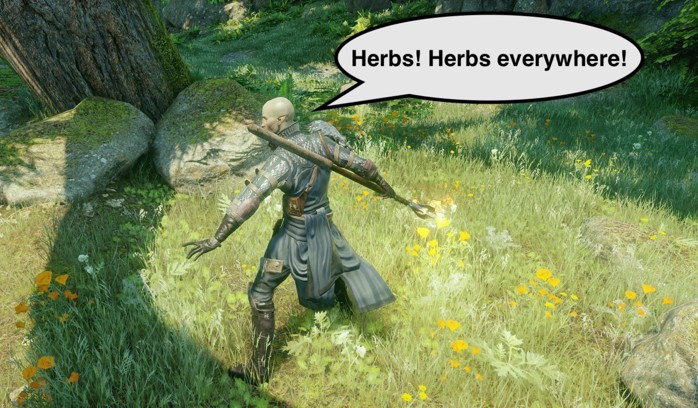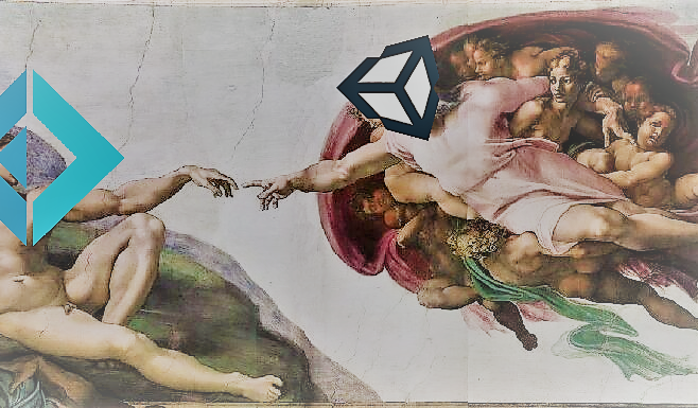May 2019 Update

April has been strange. It has been a month of festivities, rain, and food: a lot of it. But it has also been a month that felt very fast and yet swamped. I did a lot in April, and however it felt so dumb.
Five game design flaws of Quidditch and how to fix them
A fun case study for the most common game design flaws

I am re-reading Harry Potter for the n-th time. Even it Rowling if trying hard to make me hate it, Harry Potter heptology still have a special place in my hearth. However, there is something I have always hated: Quidditch. It never made sense to me and I always found reading the Quidditch parts very boring. It looks like a game invented by someone who does not know a lot about sports and games.
Reading those parts for the n-th times made me realize that Quidditch may be a good way to showcase common rookie mistakes done by people approaching game-design for the first time (and it also provide meaning for my struggle). So, that’s what we will do today!
Boardgames may be good for your mental health

As developers — especially game developers — we are naturally attracted to digital games: after all, video games are what we do; right? We are immersed in that world, we thrive for it, we learn from it, we discuss it. Because of that, we tend to forget physical games; in particular boardgames. However, boardgames may be much more than a simple alternative to multiplayer video game; they may be the best defense against mental health problems.
April 2019 Update

Luck is not on my side. I went to Milan for business, I’ve got the flu and stayed in the hotel room for the entire week. Is this a glorious waste of time and money? Probably. However, luck is a matter of attitude. So I have to think to this event as an important opportunity for reflection. (Yeah, I know…)
Game Design: Gathering Quests Sucks
Why we keep punishing players with horrible chores?

Some years ago I was playing one of those big AAA games, an epic RPG saga, a staple of single player games. While I was leading my army against the forces of evil, in one of the first outposts I meet a guy with a quest. What an epic quest it will ever be? What dangerous task requires the intervention of an epic hero?
“Collect 10 herbs.”
March 2019 Update

This month I am a bit late; I have good reasons! A lot of things happened in between the end of February and the begin of March. So, it is better not to lose more time.
The time I forgot how to relax

It was the summer of 2018. I was a bit burnt out by a mix of anxiety, work and a bloody hot week. So, I decided to go to my parent’s mountain house. The plan was straightforward: go there, disconnect from the world, write fiction, read books, do long walks in nature. I wanted to do the things I used to do a long time ago when life was breezy :D.
However, after just one day, I found myself doing the same things I usually do at home: checking news, looking for interesting, reading opinions, checking Twitter and so on. It was then that: I did not know how to relax anymore. I did not know how to be creative anymore.
February 2019 Update

Here we are again on this monthly update in which I talk about everything and nothing — a small summary of what I am doing, arranging and brewing, both on tech than in life.
Small introduction to Random Walking

Random Walking is a handy technique to have in your gamdev toolbelt and - despite the name - it is most useful for everything but actual walking. With random walking, we define the output of a process that can be described sequence of random steps. The main difference with a random sequence is that each new value will be statistically near the previous one. Imagine a gold price chart and assume that the current cost is 10€ for 1g of gold. We cannot guess what will be the price in one hour but we can be sure that it will be around 10€ per gram, maybe 9.5€, maybe 10.5€. What is certain, is that a sudden drop to 1€ per gram would be deeply unlikely.
In this article, we will talk briefly about random walking and its ability to simulate many real-world processes such as resources prices, temperature, floating objects position over time, and much more.
Quick Look at F# in Unity

I am a functional-oriented developer. I have a bit of expertise in game development, especially in Unity 3D. It comes naturally that I am interested in the obvious link between the two: F#.
F# is a functional language of the ML family born in the Microsoft Research and now developed by the F# Software Foundation. Of course, F# run on the .NET framework, the same as C#, the language used by Unity3D. It is clear, then, that we could use F# in Unity. And, in fact, we can with moderate easiness.
Should we? How easy is that? answering these questions is the goal of this article.
Secret Guide!
Congratulations! You discovered the secret guide!
Press ? to show/hide this guide!
